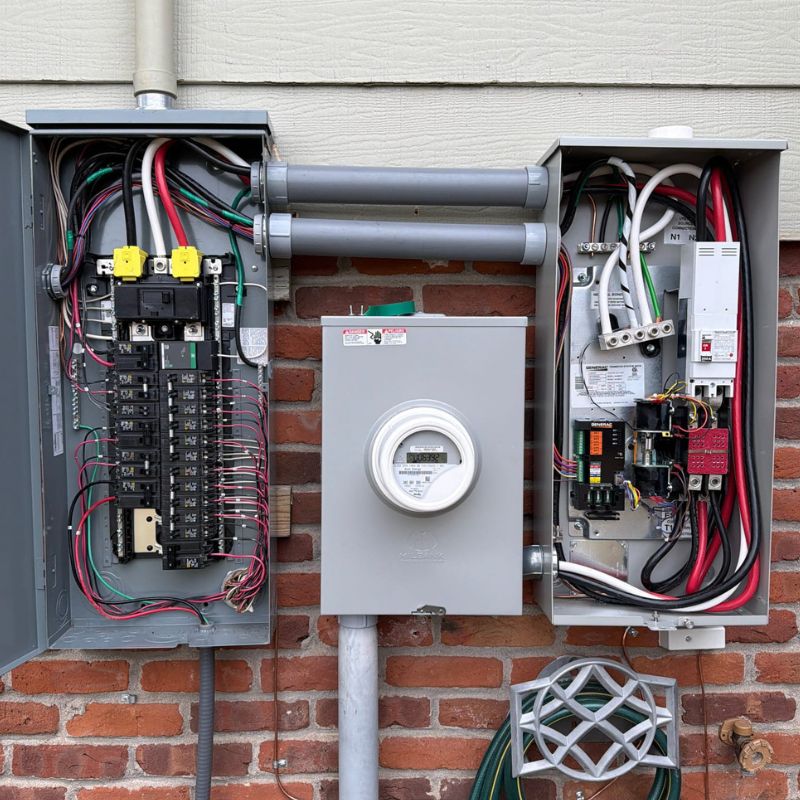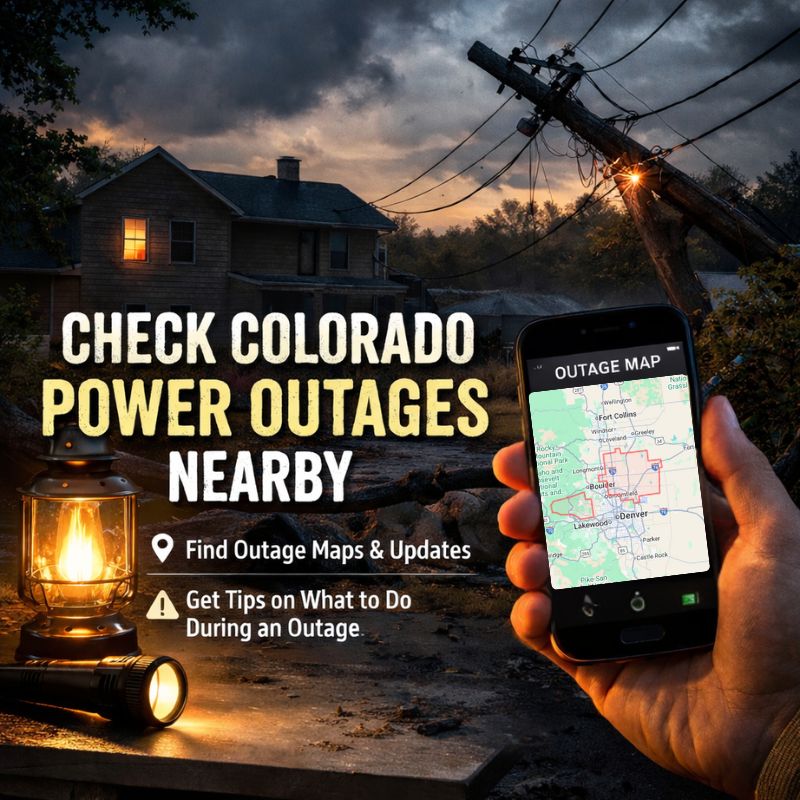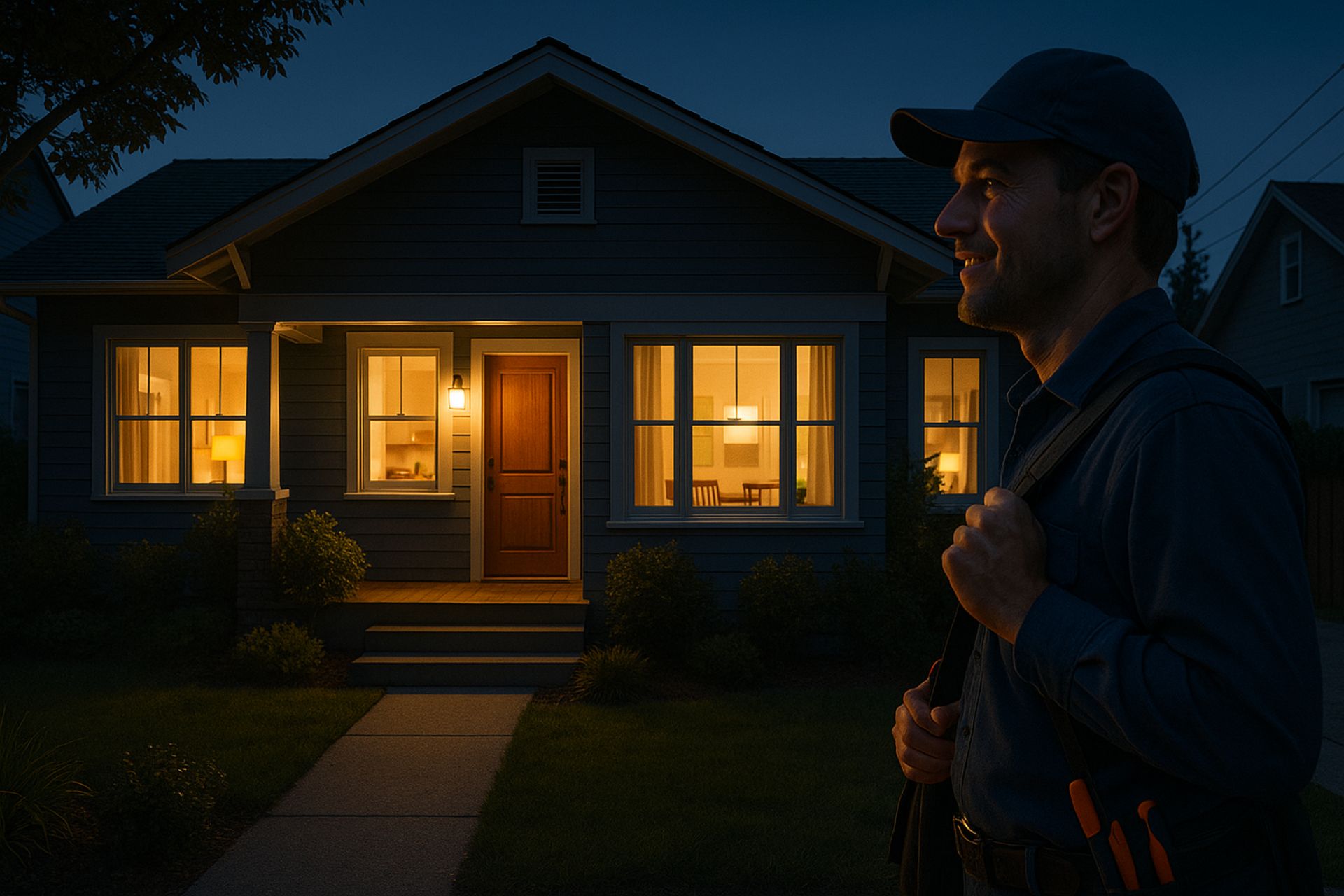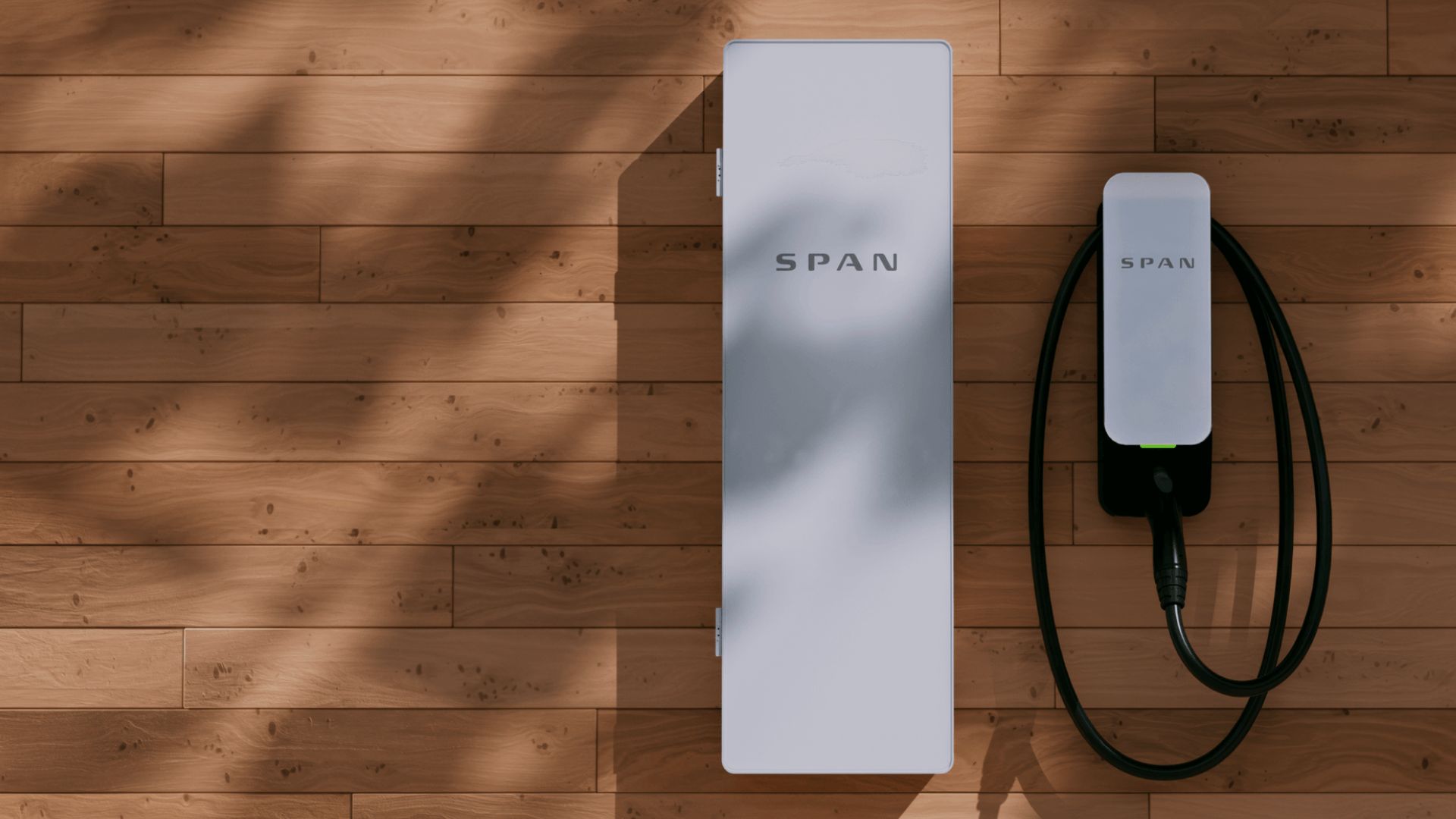Contents
- How Much Does an Electrical Panel Cost?
- What’s an Electrical Panel Anyway?
- Signs It Might Be Time to Replace Your Electrical Panel
- So, How Much Does It Cost to Replace an Electrical Panel?
- Other Potential Costs
- Smart Panels: The Future of Home Power
- Can You DIY an Electrical Panel Upgrade?
- Are There Rebates or Tax Credits for Panel Upgrades?
- Electrical Panel Upgrade Cost Summary
- Why Replacing Your Electrical Panel Is Worth It
- FAQs
- Ready for a Panel Upgrade?
Trusted Colorado Electricians
How Much Does an Electrical Panel Cost?
Let’s be honest — replacing your electrical panel probably isn’t the most exciting home upgrade on your to-do list. But when your breakers keep tripping, your lights are flickering like a haunted house, or you’re trying to install an EV charger and your panel says “nope,” it suddenly becomes a high priority.

So how much does an electrical panel cost? The short answer: it depends. The long answer? Well, keep reading — we’ve got you covered.
What’s an Electrical Panel Anyway?
Your electrical panel — sometimes called a breaker box, load center, or the box you avoid looking at — is basically the control hub for all the electricity flowing into your home. It distributes power to your lights, outlets, appliances, HVAC system, and all the gadgets that keep your modern life running.
Think of it like the electrical version of a traffic cop. If your panel’s outdated or undersized, it can cause serious problems: overloaded circuits, blown breakers, even fire risks.
Signs It Might Be Time to Replace Your Electrical Panel
Not sure if your panel is past its prime? Here are a few classic red flags:
- Your breakers trip more than a clumsy toddler
- Lights flicker when large appliances kick on
- There’s a burning smell or visible rust
- You still have a fuse box (yes, they still exist)
- You’re adding new electrical loads — like a hot tub, EV charger, or central air
- Your panel is from the Reagan era (or earlier)
Also, if you’ve got a Federal Pacific or Zinsco panel — stop what you’re doing and read this: When to Replace a Federal Pacific or Zinsco Electrical Panel. Those panels are known fire hazards.
So, How Much Does It Cost to Replace an Electrical Panel?
Here in Colorado, the average cost to replace an electrical panel typically falls between $1,500 and $4,000. But like most things in life, the final price depends on the details.
Panel Size (aka Amperage)
The bigger your electrical appetite, the bigger your panel needs to be.
- 100 amps: $1,500–$3,000
- 150 amps: $2,000–$4,500
- 200-amp panel: $2,500–$6,000
- 400 amps: $4,000 and up (usually for very large or luxury homes)
If you’re asking “What’s the cost to upgrade to 200 amp service?” — you’re likely planning for more power-hungry equipment or future-proofing your home.
Labor Costs
Most licensed electricians in Colorado charge between $75 and $150 per hour, and an electrical panel upgrade typically takes 8 to 20 hours, depending on complexity. If your panel’s in a weird spot or your wiring is ancient, expect the higher end.

Condition of the Existing Panel
If your current panel is rusty, corroded, or poorly installed, we might need to replace more than just the breakers. The cost to update your electrical panel could also include new wiring, conduit, or even meter socket upgrades.
Moving the Panel
If you’re relocating the panel — maybe from a closet to the garage to meet code or add an EV charger — that’s extra work.
- Cost to move an electrical panel: $1,500–$5,000 depending on location and labor
Other Potential Costs
Let’s not forget the “surprise expenses” that sometimes show up:
- Electrical box replacement cost: $500–$1,500
- Permits and inspections: $250–$500 (required in most cities)
- Installing a subpanel: $1,000–$2,500 (useful for additions or garages)
- Full home rewiring (if needed): $4,000–$10,000+
- Replacing fuses with breakers: $2,000–$5,000+
Don’t worry — we’ll walk you through every step before the work begins.
Smart Panels: The Future of Home Power
Want more control over your home’s electrical system? Smart panels let you:
- Track energy use in real-time
- Control circuits remotely via smartphone
- Seamlessly switch between grid, solar, and battery power
- Get alerts before issues become disasters

Smart panel cost: typically $4,000–$10,000+, depending on brand and features.
If you’re thinking about solar, EV charging, or energy storage, this upgrade makes a lot of sense.
Check out our full guide: What Is a Smart Electrical Panel?
Can You DIY an Electrical Panel Upgrade?
Sure — if you’ve got a license, insurance, and a death wish.
Seriously though, upgrading an electrical panel isn’t a Saturday afternoon DIY project. It’s dangerous, it’s code-heavy, and in most cases, it’s illegal to do without a licensed electrician.
Messing up an electrical panel can cause fires, void insurance, or get you slapped with fines from the city. Always hire a pro. (Hint: we know a few).
Are There Rebates or Tax Credits for Panel Upgrades?
Absolutely! Especially if you’re upgrading your panel to support electrification (think EV chargers, heat pumps, or solar).
You might qualify for:
- Federal Energy Efficient Home Improvement Credit: 30% off, up to $600
- Colorado state rebates: Up to $1,000 for panel upgrades
- Utility incentives: Xcel Energy and others offer programs to help offset costs
We’ll help you navigate all of it — and make sure you don’t leave free money on the table.
Electrical Panel Upgrade Cost Summary
Here’s a quick breakdown for reference:
| Upgrade Type | Cost Range |
|---|---|
| Replace 100-amp panel | $1,200–$2,000 |
| Upgrade to 200-amp panel | $2,500–$4,000 |
| Move electrical panel | $1,000–$3,000 |
| Install smart panel | $4,000–$6,000+ |
| Add subpanel | $1,000–$2,500 |
| Replace outdated fuse box | $2,000–$5,000 |
Why Replacing Your Electrical Panel Is Worth It
Sure, panel upgrades aren’t cheap. But here’s what they do give you:
- Safer electrical system (goodbye, fire hazards)
- Room for new appliances, tech, and EVs
- Better energy efficiency
- Fewer breaker trips and power issues
- Higher home resale value
Delaying an upgrade can cost you more in the long run — both in repair costs and energy inefficiency.

Need more reasons? Check out common electrical problems that a modern panel can help eliminate.
FAQs
How long does an electrical panel last?
Typically 25 to 40 years — but some panels become unsafe long before that due to wear or outdated design.
How much does it cost to replace an electrical panel?
Most Colorado homeowners pay between $2,500 and $6,000. Your final price depends on amperage, labor, panel condition, and code requirements.
What’s the cost to update my electrical panel for an EV charger?
If you need a 200-amp panel to support EV charging, expect to pay $2,500–$6,000.
Will I need permits?
Yes. We’ll handle them, but permit and inspection fees usually run $250–$500.
Ready for a Panel Upgrade?
If your panel is old, undersized, or just can’t keep up with your electrical demands, we can help.
At The Electricians, we specialize in panel upgrades, EV charger installs, smart home upgrades, and everything in between.
We’re also one of the only certified Tesla EV charger installers in Colorado.
📞 Call us at 720-633-5937 or schedule your free estimate
Serving Denver, Broomfield, Colorado Springs, and surrounding areas.
Related Posts
If you enjoyed reading this, then please explore our other articles below:
Electrical Panels in Colorado Homes
Many homes across Colorado, especially in Denver, Aurora, Lakewood, and Colorado Springs, were built with electrical panels that were never designed for modern power demands. Cold winters, EV charging, home offices, and newer appliances place added stress on older panels and breakers.
If you are noticing frequent breaker trips, buzzing sounds, or planning an upgrade like an EV charger or heat pump, a licensed Colorado electrician can evaluate whether your panel needs repairs or a full power upgrade.
